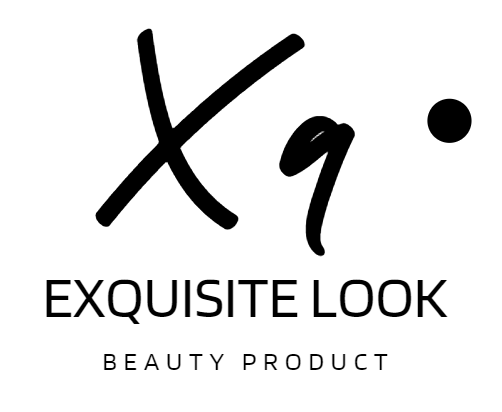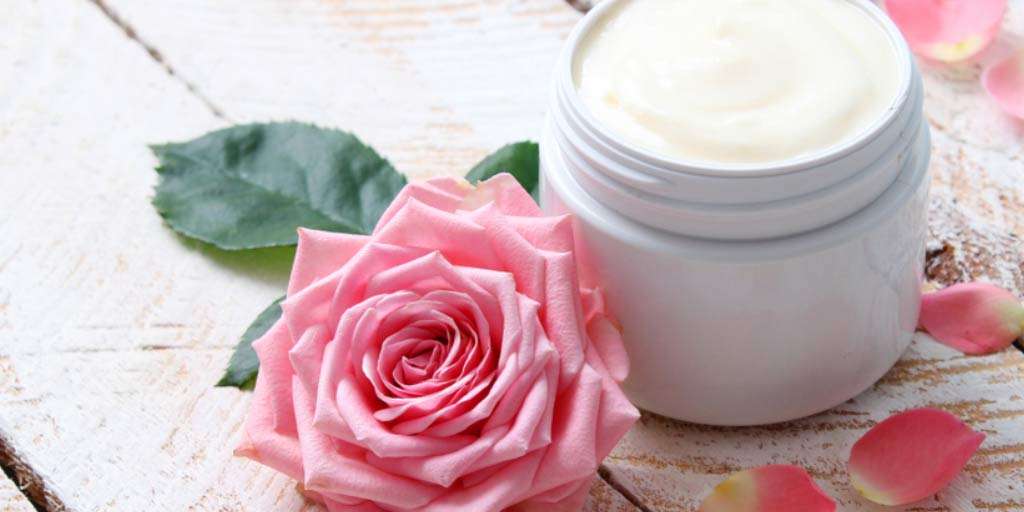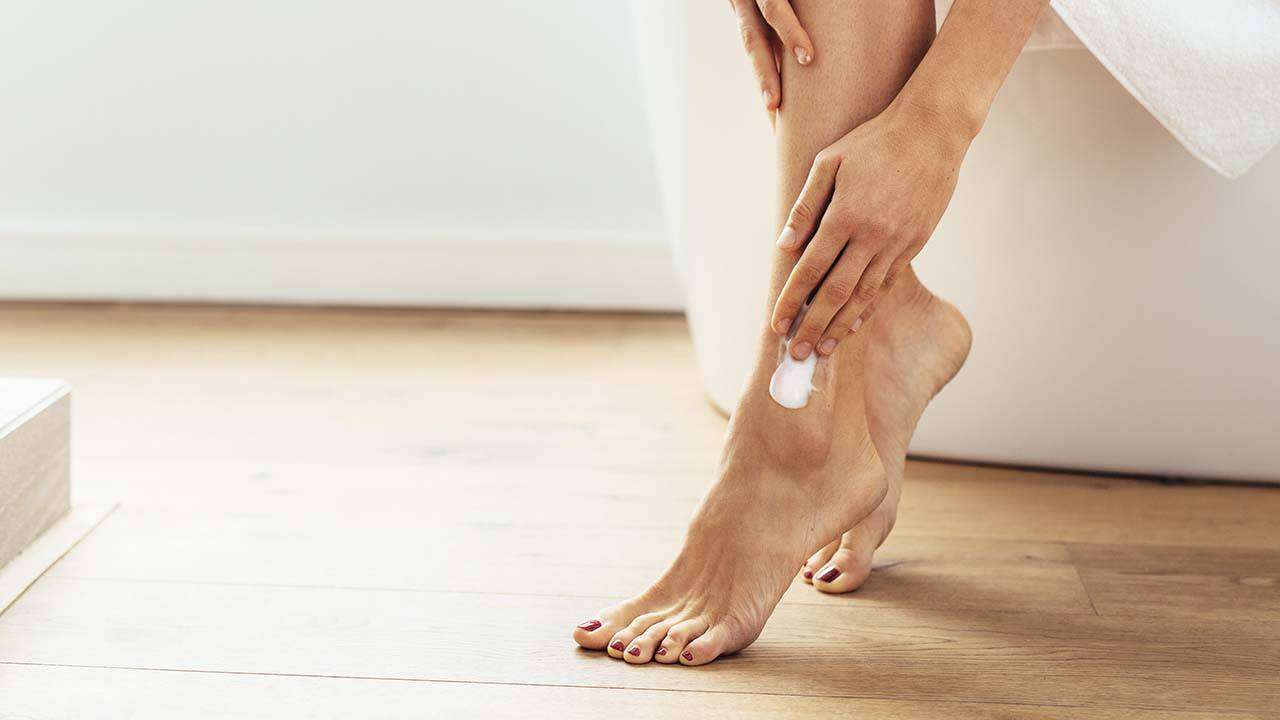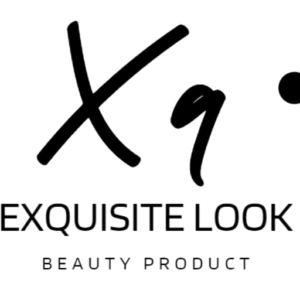What is Glycolic acid?
Glycolic acid is a water soluble component that is made from sugarcane called Alpha Hydroxy Acid (AHA). These acids are produced by plants, the structure is very simple and has the lightest molecular weight which makes the skin easy to absorb. The light weight of the molecular weight helps it to easily penetrate the skin and is effectively increasing the skin texture.

Benefits of glycolic acid
Glycolic acid is a popular choice for many reasons. Some of them are anti ageing, lack of moisture, skin damage due to exposure in sun, exfoliation and acne. Glycolic acid and retinol are frequently hailed as essential skincare ingredients because they each provide different advantages for achieving healthy, radiant skin. It has the anti-aging properties where it smooths the texture of the wrinkles, helps to improve your skin from any kind of sun damage caused, it fades the dark spots that are caused by sun damaging the skin. It also helps to damage the skin making it more plumpy and soft. Moreover it effectively cleanses the skin removing blackheads and skin breakout.
How can we use it in your skincare routine ?
Glycolic acid can be used in toner, serum and face wash. Glycolic acid is mostly used at night and should not be used in sunlight. Following are the ways how Glycolic acid can be used –
- In your nighttime skincare routine – Glycolic acid since its sensitivity to sun, night time is the best time to apply the serum, following a spf moisturiser in the morining, exfoliates the skin,
- As a face wash – With a concentration of 8% – 10% or less are advised to be incorporated in your night skincare routine. For an acne free skin combination glycolic acid and salicylic acid should be used.
- As a face toner – After cleansing your face, a toner with lower concentration of glycolic acid can be used. The concentration of the serum should be checked and should be applied depending on your skin type.
- Moisturise your skin – After using glycolic acid it is important to moisturise your skin, because it can use irritation in dry and sensitive skin. A moisturiser is essential to smoothen the texture of the skin.
How to use Glycolic acid ?
If you have any skin that looks dull, faces frequent breakouts, has acne or red marks glycolic acid will be the best serum for your skin. It can be used in the following situation when your skin goes through these changes –
- Reduces skin breakout – Glycolic acid helps to remove the dead skin cells therefore reduces the intensity of breakout. It helps to keep pores clean.
- Reduces pigmentation/scars – Glycolic acid helps to reduce the pigmentation marks that are being left behind by ache during skin breakout. Pigmentation generally affects the upper layer of the skin, so glycolic acid is generally used for removing this layer, which leads to the reduction of scars and acne.
- Reduces dullness – Glycolic acid helps to refresh the skin, removes the oil and dead cells from the pores which makes the skin look dull.
Best glycolic acid serum:
The INKEY List Glycolic Acid Toner Helps to Reduce Pore Appearance 100ml – The INKEY list glycolic list has 10% exfoliator helps to reduce the pores and fine lines. This concentration is effective for regular use. This toner exfoliation helps to promote a smooth and even complexion
L’Oreal Paris Glycolic Acid Toner – This product has 5% glycolic acid in concentration which helps you to gently exfoliate the skin removing dead skin cells. This formula is suitable for all skin types starting from sensitive to normal skin. To get the best results use this in your regular skincare routine this will have to minimise the pores in your skin.
The Ordinary Glycolic acid Toner – This formula is designed to enhance your skincare routine. With 7% glycolic acid in the toing solution effectively exfoliates the skin surface which removes the dead skin cells. Incorporating this on your skin daily will help you to remove build up of dead cells.
Eva Naturals Glycolic acid serum – This serum with remarkable formula is designed to exfoliate your skin giving a more naturally smother skin. It is safe for all skin types. This serum works wonders in removing dark spots, removal of dark spots and helps as an anti ageing serum. With the combination of vitamin C and hyaluronic acid the skin is given the utmost moisturising to rebuild its texture.
QRxLabs Glycolic acid – This serum has the special gel formula that helps with hyperpigmentation and wrinkles. It has the gel peel with chamomile and green tea extracts. This formula with glycolic acid is combined with potent antioxidants.
Revolution 10% Glycolic acid – An effective skincare product to be added to your skincare routine. Formulated with 10% glycolic acid helps to remove dead cells and improve skin texture. Revolution Skincare London’s AHA Glow Serum has been meticulously crafted to provide the numerous benefits of glycolic acid in a gentle manner. With its balanced 10% concentration, this serum ensures both effectiveness and tolerability, catering to a diverse range of skin types.
Side effects of Glycolic acid
Although glycolic acid is considered to be safe in all skin types, it also has few side effects. Some of the potential side effects are skin irritation, dryness, sensitivity to sunlight, hyperpigmentation and allergic reaction.
Skin irritation: For people with sensitive skin in particular, glycolic acid may irritate their skin. Redness, itching, or a feeling of stinging may be present. Before using it on a larger area of skin, it is advised to perform a patch test to minimise any negative reactions.
Sensitiveness to sun – Glycolic acid has the capacity to increase the skin’s sensitivity to sunlight, raising the risk of sunburn. By using sunscreen with a high sun protection factor (SPF), being aware of your sun exposure, and incorporating glycolic acid products into your skincare routine, you can protect your skin from the sun.
Allergic reaction – Some people can experience allergic reactions although it is very uncommon. But in such cases it is advised to visit doctors immediately.






